CICT
Head of Department: Mr J Radbourne -radbournej@wellandparkacademy.com
Key Stage 3
The Computing and ICT Department encourages all students to develop their ICT capability in a wide range of contexts and to become problem solvers through Computational Thinking. We look at specific uses of ICT in society and how computer technology has changed the world we live in. We encourage our students to be independent thinkers and users of ICT and to continue this process across the curriculum and at home. Work is increasingly set through a combination of Microsoft Teams and OneNote with all work being accessible seamlessly through the academy’s Office 365 system.
In Year 7 all students receive 2 “CICT” lessons per week. One lesson is dedicated to Computer Science and one to the development of ICT skills. The areas of Computer Science covered introduce students to the world of problem-solving through Computational Thinking, project development and coding using a range of programming packages, including Kodu, and Scratch 3, and the modelling of data using spreadsheets. ICT lessons deal with digital literacy, the safe and efficient use of online resources, the use of hardware and software in computer systems, graphics, and presenting information to a range of audiences.
In Year 8, students have one lesson of CICT per week and complete longer, more demanding tasks that cover both Computer Science and ICT topics in the same unit of work. Students will have the opportunity to:
-
Design and develop their own computer games using Scratch
-
Set up a new sports shop business, researching, designing and creating documents for the launch, together with a business website
-
Investigate the role of different hardware and network components
-
Move from the block-based coding of Scratch to the text-based coding of Python 3
In Year 9, students continue to develop their computer science and ICT skills, whiles also giving them a taster of GCSE level Computer Science and Creative iMedia style activities. Students will have the opportunity to:
-
Learn to create programs using Python 3
-
Research and create a magazine in groups using graphics and page setting software
-
Develop their computational thinking skills
-
Develop an understanding of AI; the ways it can be used and the impact it will have on our lives
-
Improve their digital literacy
Key Stage 4
Computer Science students follow the newly updated AQA syllabus. All lessons are delivered in newly furbished computer labs running the latest Microsoft software. Computer Science is taken as an option and is taught for 3 hours per week in both year 10 and 11. Students sit two examinations at the end or Year11 which contribute 100% of the final grade.
In the first year students cover computational thinking, code tracing, problem-solving, programming concepts including the design of effective algorithms, the designing, writing, testing and refining of code and computer systems.
In the second year students look at computer networks, cyber security, relational databases and the ethical, legal and environmental impacts of digital technology.
The chosen teaching language for the GCSE is Python 3 and students are supported in their learning through discreet lessons and the use of a range of online resources. It is helpful for students to have access to a PC at home so they can practice programming techniques away from the classroom.


